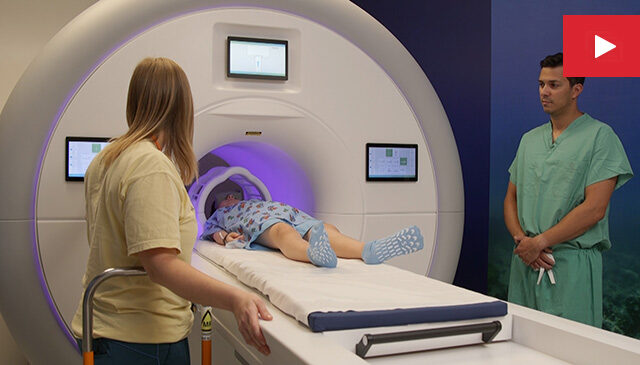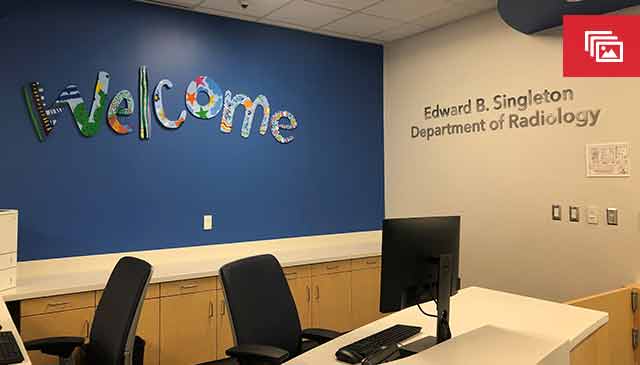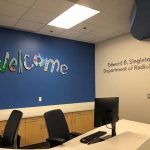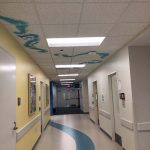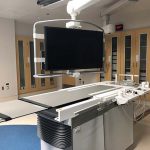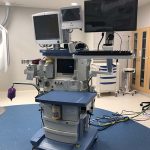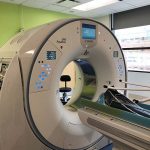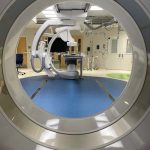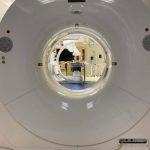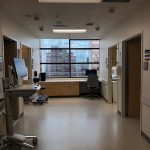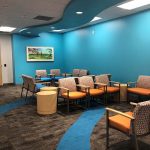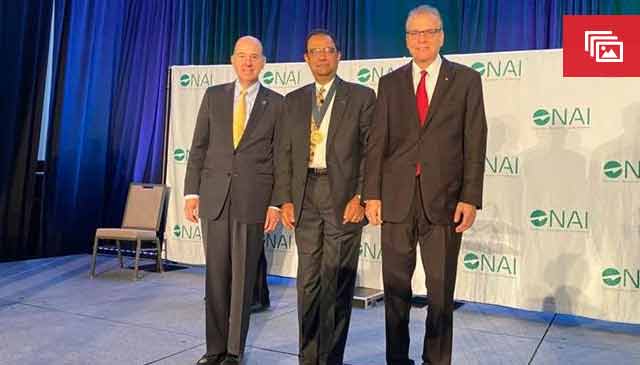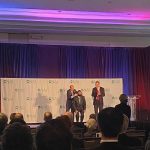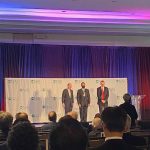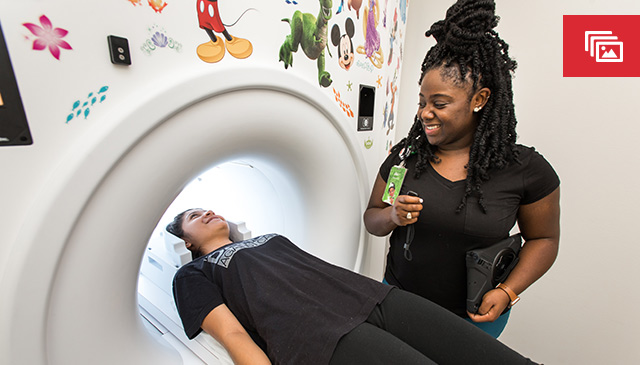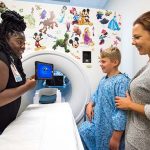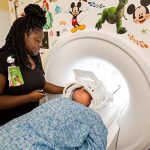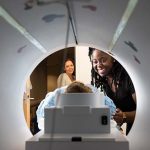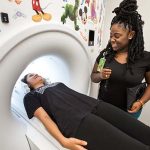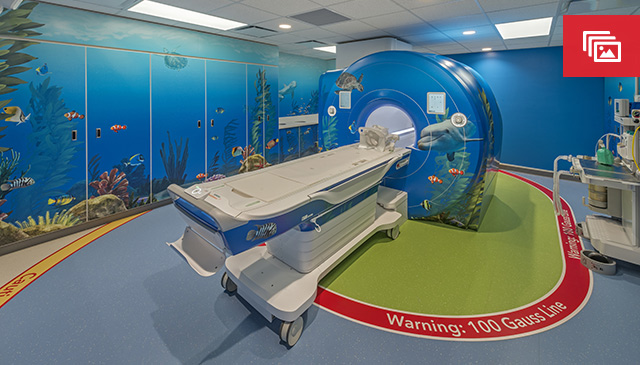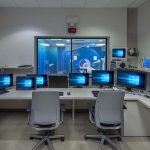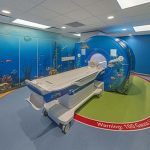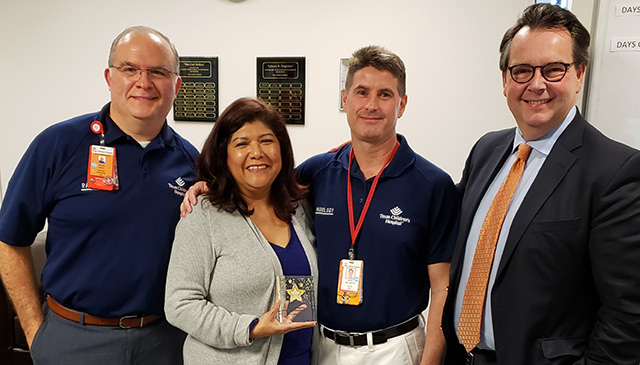May 18, 2020
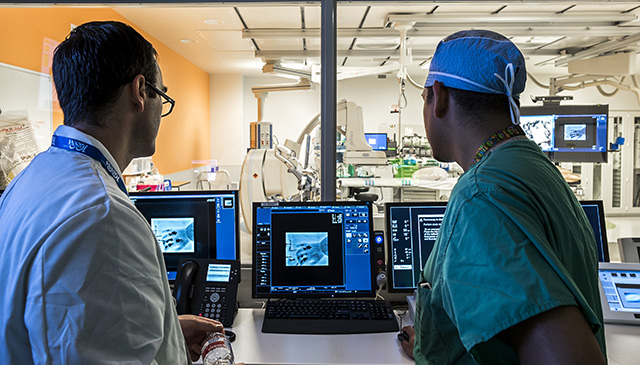
As Texas Children’s begins its fifth official week of phased reopening and redesign, the organization continues to focus on a careful, strategic plan that supports family-centered care for our patients and meets our organizational expectations around quality and safety.
What this means for our patients and families is that services will open in phases, not all at once. For employees, a phased reopening means some of us will resume a full work schedule either at home or at one of our Texas Children’s facilities sooner than others.
“Patience and prudence are key,” said Chief Information and Innovation Officer Myra Davis. “We want to ensure everything we do operationally is safe and volume-driven. This means that just as we flexed down to demand, we will also flex back up to demand, where appropriate. The next few weeks and months ahead will be a thoughtful balance between the two and will help pave the way toward a successful future.”
Davis, along with Surgeon-in-Chief Dr. Larry Hollier and Executive Vice President Dan DiPrisco, are leading the Phased Reopen and Redesign Command for Texas Children’s.
Signs of success
Two areas of our system that have seen early success during the phased reopening and redesign are Surgery and Radiology. Since reopening in late April, the Department of Surgery, Anesthesiology and Perioperative Services have opened schedules in operating rooms across the system to nearly 50 percent capacity. To date, 700-plus cases have been completed at our community locations and more than 1,000 pediatric and women’s cases have been conducted at the Texas Medical Center Campus.
Two weeks ago, Radiology began its phased reopening and redesign, aiming for 50 percent of pre-COVID-19 imaging volume that week. The service line exceeded that goal, completing more than 640 studies per day. Pre-COVID-19, daily activity across the system was about 1,100 studies per day. During COVID-19, daily activity dropped to 350-400 studies per day. As a result of the steady uptick in patient volume, Radiology has completely reopened all of its appointments.
“We are encouraged by the quick response from the community to our thoughtful and agile reopening and redesign plans,” said Radiologist-in-Chief Dr. Thierry Huisman. “We are committed to continuing to serve our patients and families while keeping them and our staff safe and healthy during this pandemic.”
Hollier said his department plans to thoughtfully open additional ORs to match demand, all while maintaining social distancing protocols and other rigorous safety measures.
“Our primary goal has been and always will be to keep our patients and families safe and healthy,” he said.
Safety first
Safety measures and protocols have been put into place to protect our patients and families during their entire experience with Texas Children’s. This experience begins before they walk into one of our facilities and doesn’t end until long after they leave.
Before anybody comes into our facilities, they’re screened, to the best of our ability to make sure they are safe and healthy. This means all doctors, nurses, staff, patients and family members. Once they’re inside, everyone is required to wear a mask and adhere to social distancing.
“We want to respect these rules because we feel they protect patients from contracting the virus,” Hollier said. “We also feel it’s very important to test patients who are undergoing surgery and other procedures for COVID-19.”
No more than 48 hours before a surgical procedure, patients will receive a COVID-19 test, typically at one of our drive-through facilities for convenience. If the test is negative, the surgical procedure will proceed. If a patient tests positive for the coronavirus, the procedure will be delayed and retesting will occur to ensure the patient is negative before they undergo surgical or any other procedure that deems prior testing.
Radiology implemented a new process that allows patients to wait in their vehicle and call from the parking lot/garage upon arrival at our community locations, rather than entering the building and having to sit in the waiting area. Radiology services at Texas Children’s Hospital The Woodlands went live with pre check-in for patients who have a MyChart account. After a brief trial period, Radiology will implement this at West Campus and at our Medical Center Campus as well.
A mom who had rescheduled her daughter’s MRI due to safety concerns related to COVID-19, said she was relieved to learn about all of the safety measures and protocols Texas Children’s has in place to protect patients and families.
“Everything was easy and very smooth,” the mom said. “I appreciated calling from the garage, and I felt very safe.”
To learn more about additional precautions Texas Children’s is taking to protect our patients, families and staff click here.
Moving forward
This week, we launched plans for the reopening of our Ambulatory services and are working to ensure our facilities can accommodate increased activity while maintaining infection control guidelines.
Ramping our services back up at Texas Children’s is a welcoming indicator. It’s exciting, but this is merely the start for us. We are reopening thoughtfully and in phases, based on where we have the most demand for our services.
It will take much more time and careful planning to reopen completely. But moving strategically is what will restore us for the long-term, and what will ultimately ensure our organization’s future success and sturdiness.
“Thank you for all you are doing,” DiPrisco said. “The care you are providing for our patients and their families through this evolving situation is outstanding and proves that our challenges of the past few months have made us even better equipped for what’s ahead.”
